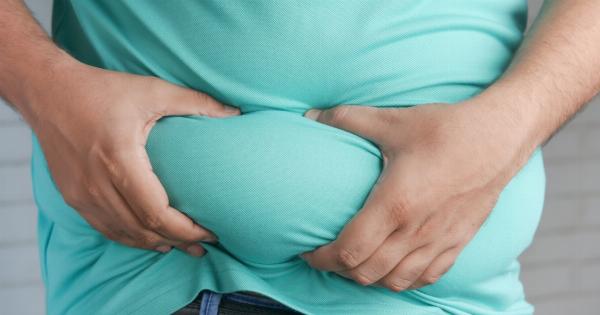Gymnastics is a physically demanding sport that requires strength, flexibility, and agility.
Whether you’re a beginner or an experienced gymnast, fueling your body with the right nutrients is essential for optimal performance and preventing fatigue. One common question that arises is whether it is necessary to eat before gymnastics. The answer to this question largely depends on various factors such as the duration and intensity of the session, personal preferences, and individual goals.
In this article, we will delve into the importance of pre-gymnastics nutrition and provide you with guidelines to make informed decisions about eating before your gymnastics sessions.
Understanding the Importance of Pre-Gymnastics Nutrition
Food is the fuel that powers your body, and having the right fuel before engaging in any physical activity, including gymnastics, can make a huge difference in performance.
Proper nutrition before your gymnastics session provides you with the necessary energy to perform at your best and prevents premature fatigue. It also helps in muscle recovery and growth, ensuring that your body is well-prepared for the demands of the sport.
The Role of Carbohydrates
Carbohydrates are the primary source of energy for our bodies. They are broken down into glucose, which our muscles then use to fuel their contractions.
For gymnasts, who engage in high-intensity and explosive movements, consuming carbohydrates before practice or competition becomes crucial. It ensures that the glycogen stores in your muscles and liver are sufficiently stocked, allowing you to have enough energy to perform at your peak.
Opt for complex carbohydrates such as whole grain bread, pasta, or fruits to provide slow-released energy over an extended period.
Protein for Muscle Repair and Growth
Protein plays a vital role in muscle repair and growth. Gymnastics involves a significant amount of muscle exertion and stress, leading to microscopic damage in muscle fibers.
Proper protein intake before gymnastics can aid in repairing these damaged fibers and supporting muscle growth. Including sources of lean protein, such as chicken, fish, tofu, or Greek yogurt, in your pre-gymnastics meal can help optimize muscle recovery and development.
Fat: A Source of Sustained Energy
While carbohydrates are the primary energy source for high-intensity activities, fat also plays a role, especially during longer gymnastics sessions.
Including healthy fats, like avocado, nuts, or olive oil, in your pre-workout meal can provide sustained energy and help you sustain performance during prolonged practices or competitions.
Timing Your Pre-Gymnastics Meal
The timing of your pre-gymnastics meal is crucial to ensure proper digestion and energy availability.
Eating too close to your gymnastics session can lead to discomfort and digestion issues, while eating too early may leave you feeling hungry and low on energy. A general guideline is to eat a well-balanced meal containing carbohydrates, protein, and fats 2-3 hours before your practice or competition. This allows for adequate digestion and absorption of nutrients.
However, individual tolerance and preferences may vary, so it’s important to experiment and find what works best for you.
Pre-Gymnastics Snacks
If you don’t have enough time for a full meal before your gymnastics session, or you simply prefer smaller meals, opt for a pre-gymnastics snack instead.
Focus on easily digestible carbohydrates that provide quick energy, such as a banana, a small bowl of cereal, or a granola bar. Pair it with a source of protein, like a handful of nuts or yogurt, to ensure muscle support.
Hydration for Optimal Performance
Proper hydration is essential for optimal performance in any physical activity, including gymnastics. Dehydration can lead to decreased cognitive function, muscle cramps, and impaired performance.
Make sure to drink enough water throughout the day leading up to your gymnastics session. However, avoid consuming large amounts of fluids immediately before practice, as it may cause discomfort during activity. Aim to stay hydrated consistently rather than relying solely on pre-gymnastics water intake.
Consider Individual Factors
While general guidelines can be helpful, it is essential to consider individual factors when deciding whether to eat before gymnastics.
Some gymnasts may prefer to train on an empty stomach, while others may require a small meal or snack to perform at their best. Personal preferences, tolerance to food, and any pre-existing medical conditions should be taken into account. Experimentation and listening to your body are key to finding the optimal pre-gymnastics nutrition routine that works for you.
Conclusion
Proper nutrition before gymnastics is crucial for fueling your body, optimizing performance, and supporting muscle recovery.
Consuming a well-balanced meal containing carbohydrates, protein, and healthy fats 2-3 hours before your practice or competition can provide the necessary energy and nutrients for optimal performance. However, individual preferences and factors should be taken into account, and experimentation is key to finding what works best for you. Remember to stay hydrated throughout the day to further support your performance.
By paying attention to your body’s needs and fueling it appropriately, you’ll be set to achieve your goals in gymnastics!.






























